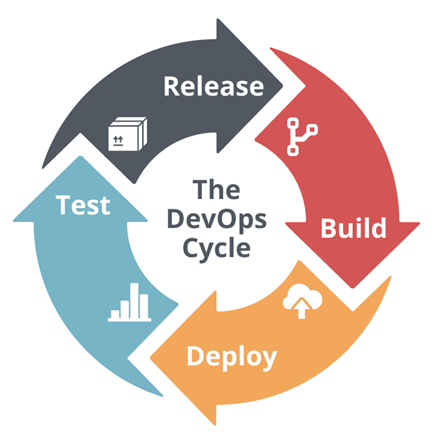In today’s fast-paced digital landscape, businesses are increasingly reliant on software to drive their operations efficiently. However, the proliferation of diverse technologies and the demand for rapid development cycles have made seamless software integration a daunting challenge. This is where integrated solutions and DevOps services play a pivotal role in ensuring smooth and efficient software integration processes. Integrated solutions encompass a comprehensive approach that seamlessly combines various software components, applications, and systems into a cohesive ecosystem. By leveraging DevOps practices, organizations can bridge the gap between development and operations teams, fostering collaboration and streamlining the integration process. At the core of integrated solutions lies the concept of DevOps, which emphasizes a culture of collaboration, automation, and continuous integration/continuous deployment CI/CD. DevOps practices break down traditional silos between development, operations, and quality assurance teams, enabling them to work together seamlessly throughout the software development lifecycle SDLC. Through automation tools and practices, such as infrastructure as code IaC and configuration management, DevOps streamlines the deployment and configuration of software components, ensuring consistency and reliability across environments.

Moreover, CI/CD pipelines automate the build, test, and deployment processes, enabling teams to deliver software updates rapidly and consistently. One of the key benefits of integrated solutions and DevOps services is their ability to enhance collaboration and communication among development and operations teams. By breaking down silos and fostering a culture of shared responsibility, DevOps encourages teams to work collaboratively towards common goals, such as delivering high-quality software with greater speed and efficiency. Collaboration tools, such as version control systems and issue tracking platforms, facilitate real-time communication and collaboration, enabling teams to address issues promptly and iterate on software improvements iteratively. Furthermore, integrated solutions and DevOps services enable organizations to achieve greater agility and scalability in their software integration processes. By automating repetitive tasks and implementing infrastructure as code, DevOps empowers organizations to scale their software deployments rapidly and efficiently, without compromising on quality or reliability. This agility is particularly crucial in today’s dynamic business environment, where organizations must adapt quickly to changing market demands and emerging technologies.
In addition to agility and scalability, integrated solutions and DevOps services also help organizations improve the reliability and stability of their software systems. By implementing robust monitoring and alerting mechanisms, DevOps enables organizations to detect and respond to issues proactively, minimizing downtime and service disruptions in this website https://quema.co/contact. Moreover, automated testing practices, such as continuous integration and automated regression testing, help organizations identify and address software defects early in the development process, reducing the risk of costly errors in production environments. In conclusion, integrated solutions and DevOps services play a vital role in enabling seamless software integration processes. By combining automation, collaboration, and continuous integration/continuous deployment practices, organizations can streamline their software development lifecycle, enhance agility and scalability, and improve the reliability and stability of their software systems. As businesses continue to embrace digital transformation initiatives, integrated solutions and DevOps services will become increasingly indispensable in driving innovation and maintaining a competitive edge in the market.